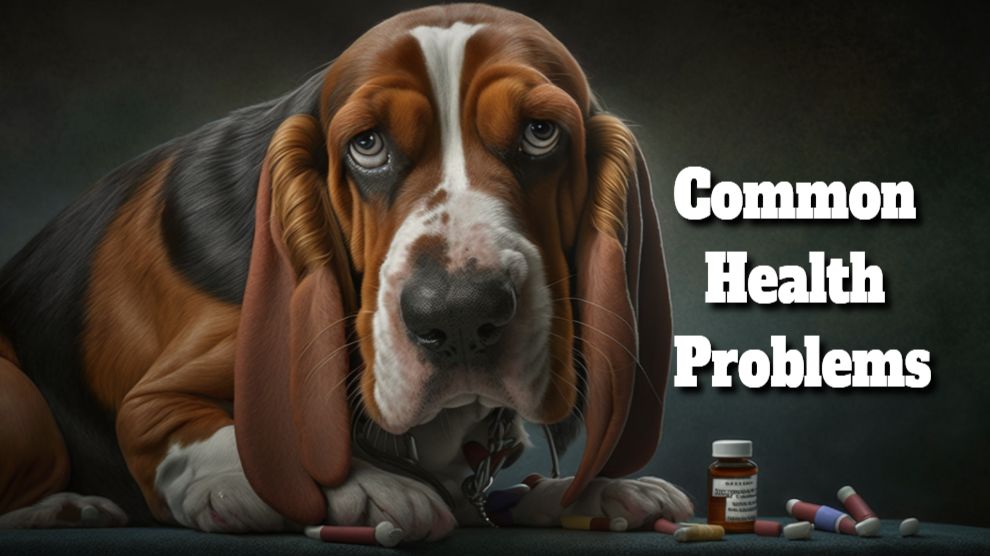Dog Pregnancy Calculator And Timeline
Basset Hounds are adorable, affectionate, and loyal pets that can provide a lot of joy and companionship to their owners.
However, like all dog breeds, Basset Hounds are prone to certain health issues that owners should be aware of.
In this article, we will discuss some of the most common health issues of Basset Hounds and provide tips for prevention and treatment.
Obesity
Basset Hounds are prone to obesity, which can lead to a range of health problems, including diabetes, heart disease, and joint problems.
To prevent obesity, it’s important to feed your Basset Hound a high-quality, balanced diet in appropriate amounts, and to ensure they get regular exercise.
If your Basset Hound is already overweight, it’s important to work with your vet to develop a weight loss plan.
Ear Infections
Basset Hounds have long ears that can trap moisture and debris, making them prone to ear infections.
To prevent ear infections, it’s important to clean your Basset Hound’s ears regularly and keep them dry.
If your Basset Hound shows signs of an ear infection, such as shaking their head or scratching at their ears, it’s important to seek veterinary care.
Hip Dysplasia
Hip dysplasia is a common genetic condition that affects many dog breeds, including Basset Hounds.
It occurs when the hip joint doesn’t form properly, leading to arthritis and other joint problems.
To prevent hip dysplasia, it’s important to purchase your Basset Hound from a reputable breeder who screens their breeding stock for the condition.
If your Basset Hound is diagnosed with hip dysplasia, your vet may recommend treatments such as weight management, exercise, and medications.
Intervertebral Disc Disease (IVDD)
IVDD is a common condition in which the discs between the vertebrae in the spine deteriorate, leading to pain and paralysis.
Basset Hounds are particularly prone to IVDD due to their long backs and short legs.
To prevent IVDD, it’s important to provide your Basset Hound with regular exercise and maintain a healthy weight.
If your Basset Hound shows signs of IVDD, such as reluctance to move, pain, or weakness in the hind legs, it’s important to seek veterinary care immediately.
Gastric Torsion
Gastric torsion, also known as bloat, is a life-threatening condition in which the stomach twists, cutting off blood flow to the organs.
Basset Hounds are at increased risk of gastric torsion due to their deep chests and large size.
To prevent gastric torsion, it’s important to feed your Basset Hound several small meals throughout the day, avoid vigorous exercise after meals, and keep your Basset Hound calm and relaxed after eating.
If your Basset Hound shows signs of gastric torsion, such as restlessness, drooling, or a distended abdomen, it’s important to seek veterinary care immediately.
Eye Problems
Basset Hounds are prone to a range of eye problems, including cataracts, glaucoma, and cherry eye.
To prevent eye problems, it’s important to provide your Basset Hound with regular veterinary care, including eye exams.
If your Basset Hound shows signs of an eye problem, such as redness, discharge, or cloudiness, it’s important to seek veterinary care.
Conclusion
In conclusion, Basset Hounds are prone to a range of health issues, but with proper care and attention, many of these issues can be prevented or managed.
It’s important to provide your Basset Hound with a healthy diet, regular exercise, and regular veterinary care to ensure they stay happy and healthy for years to come.


















